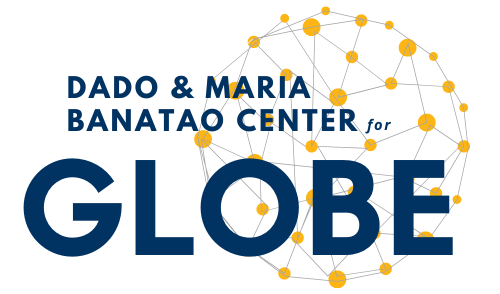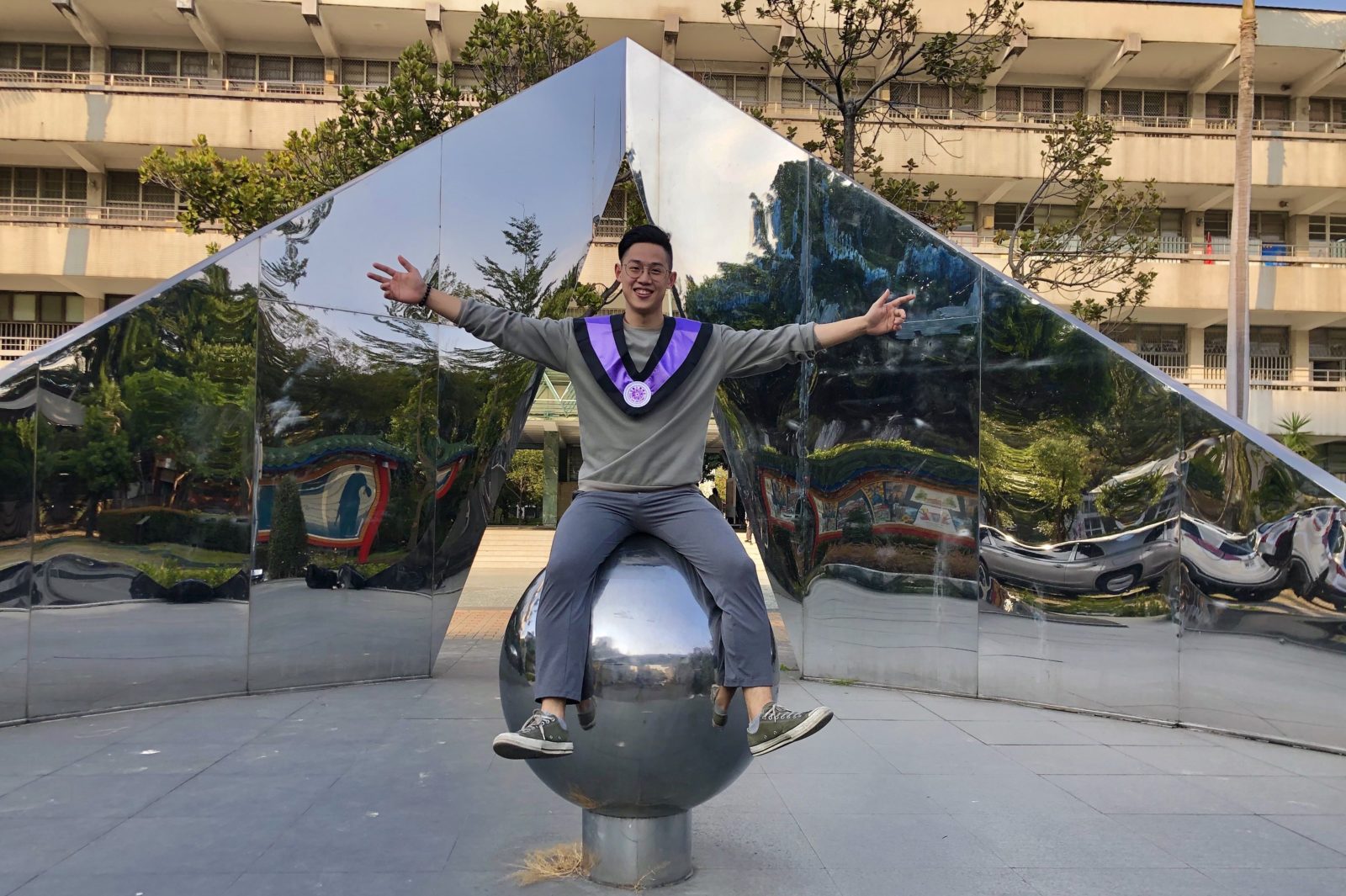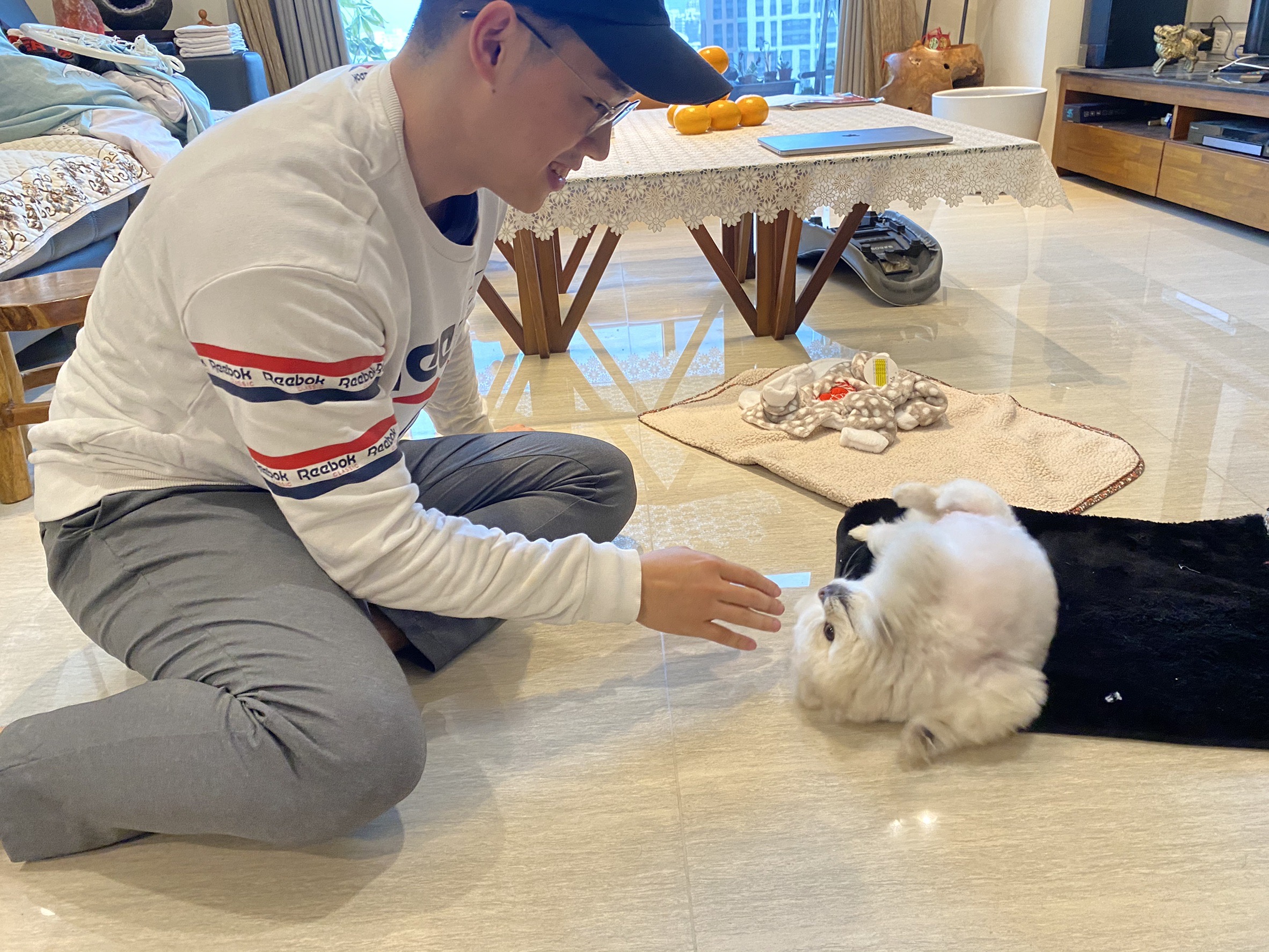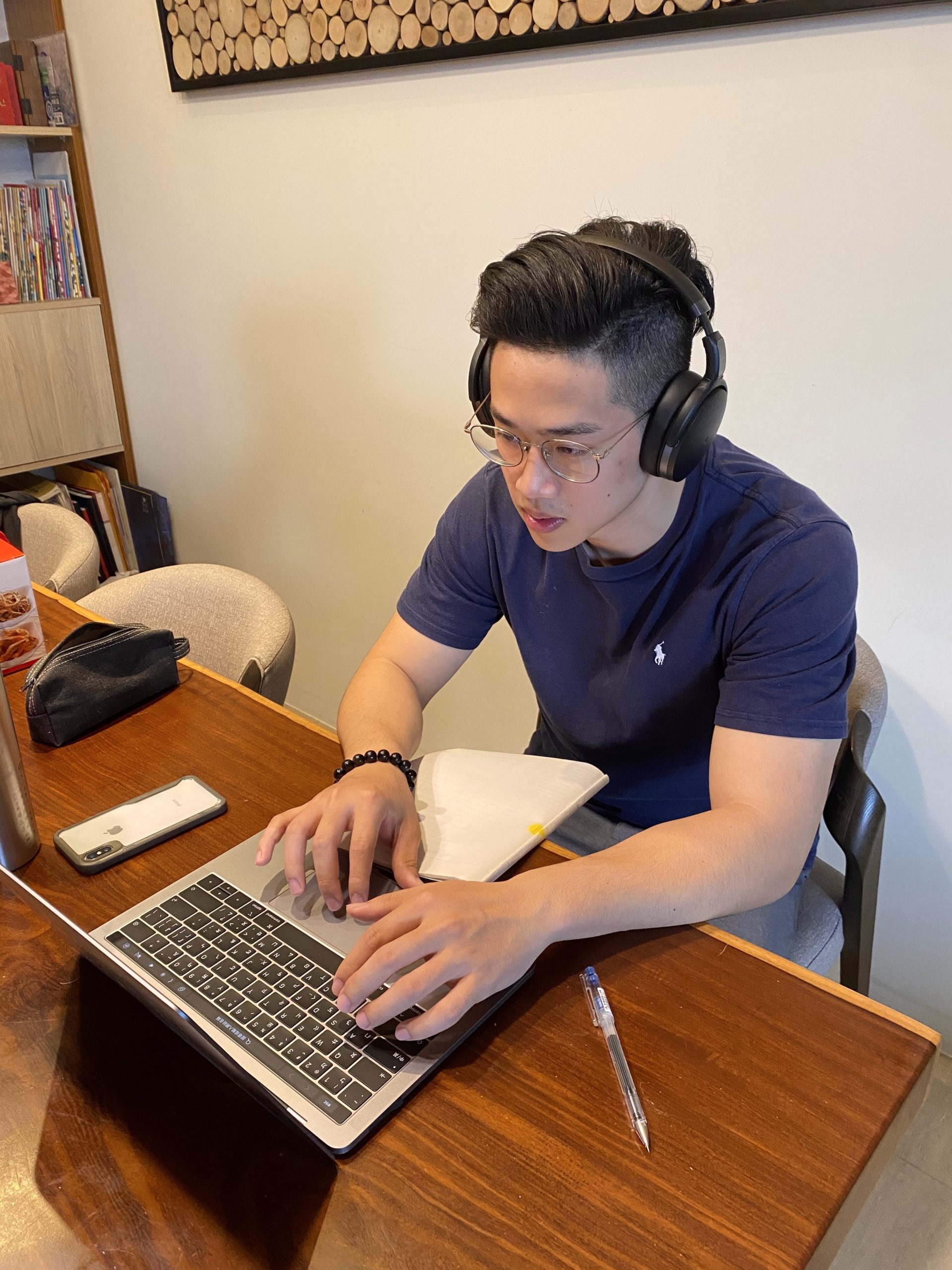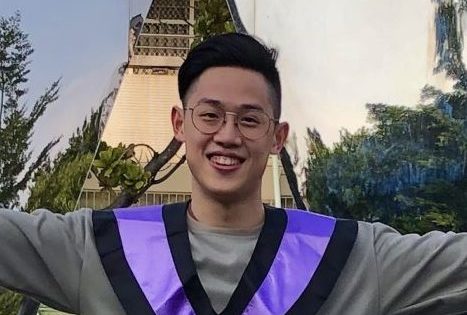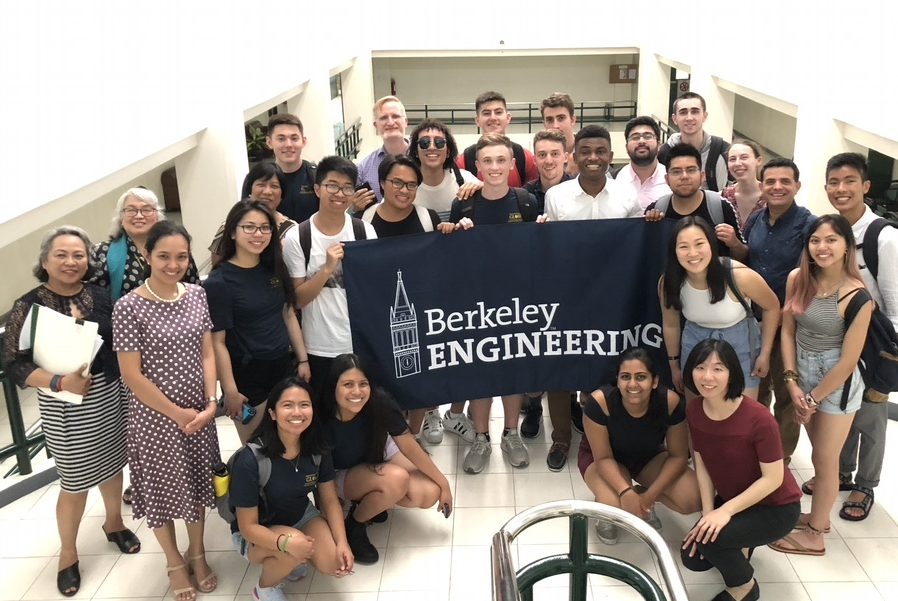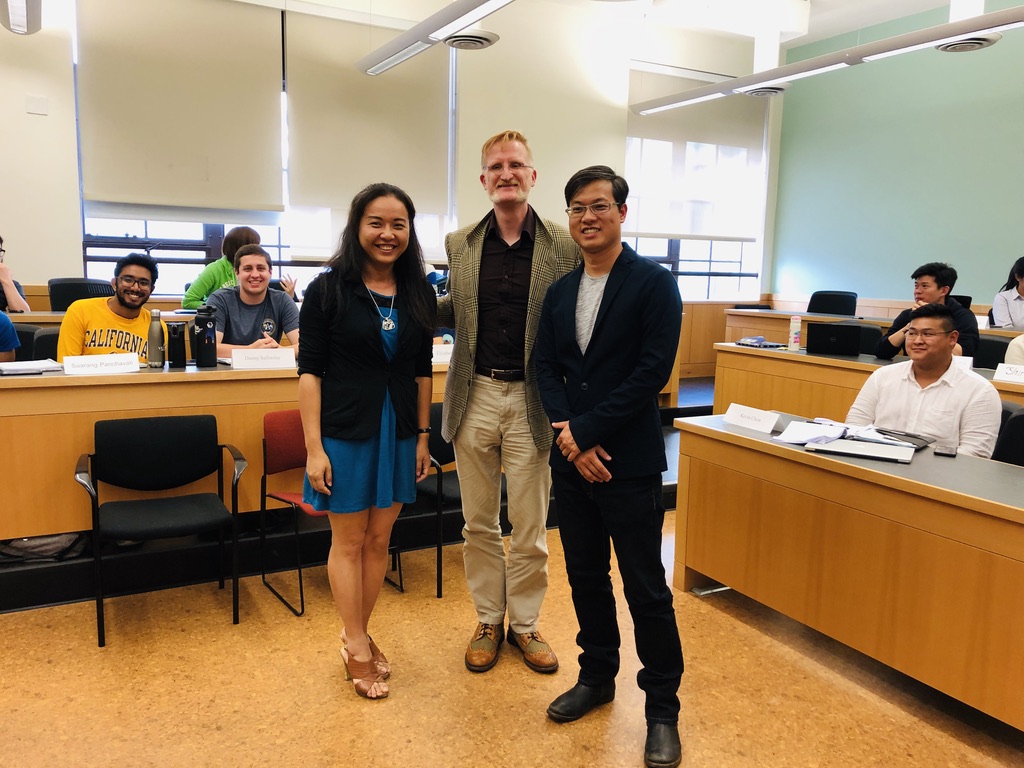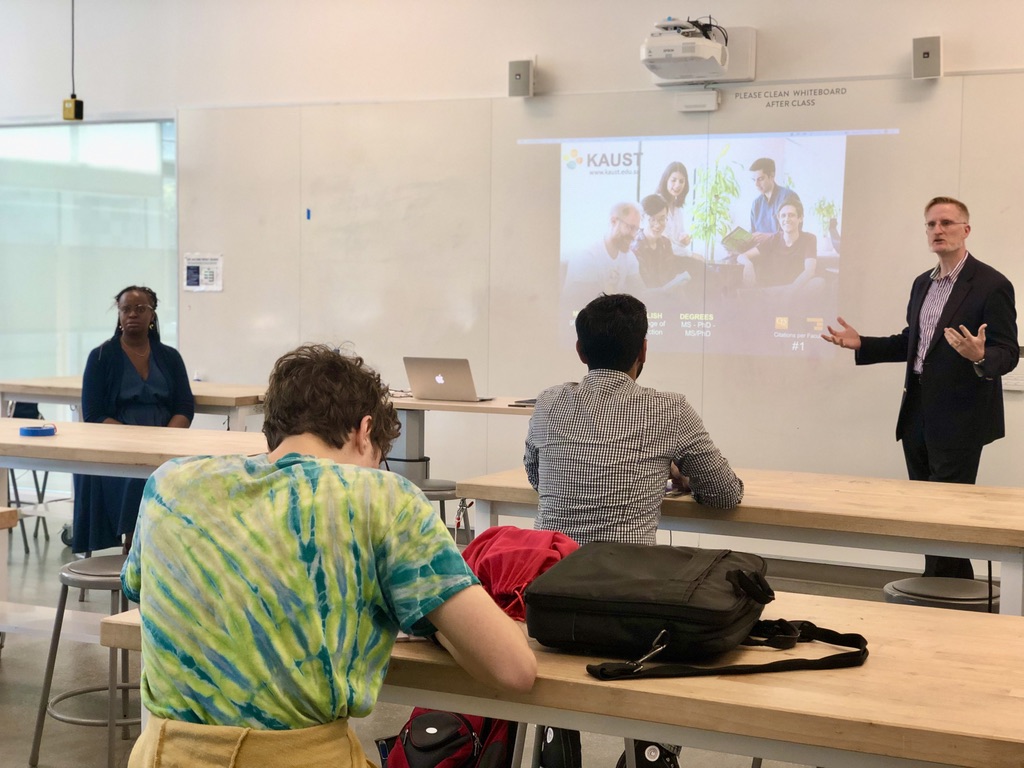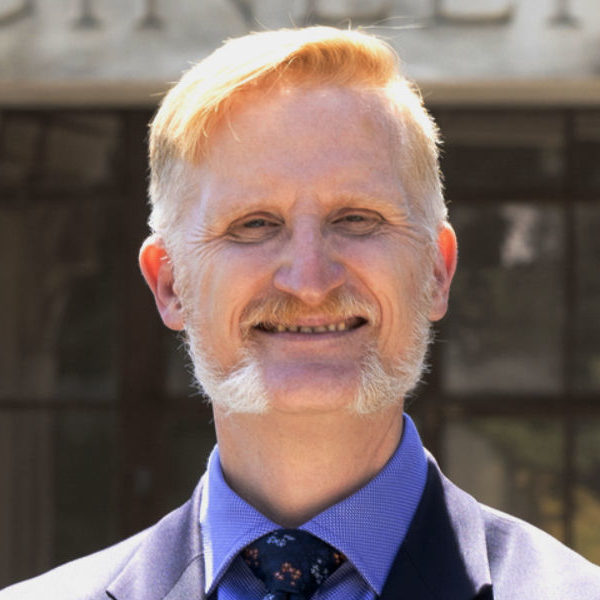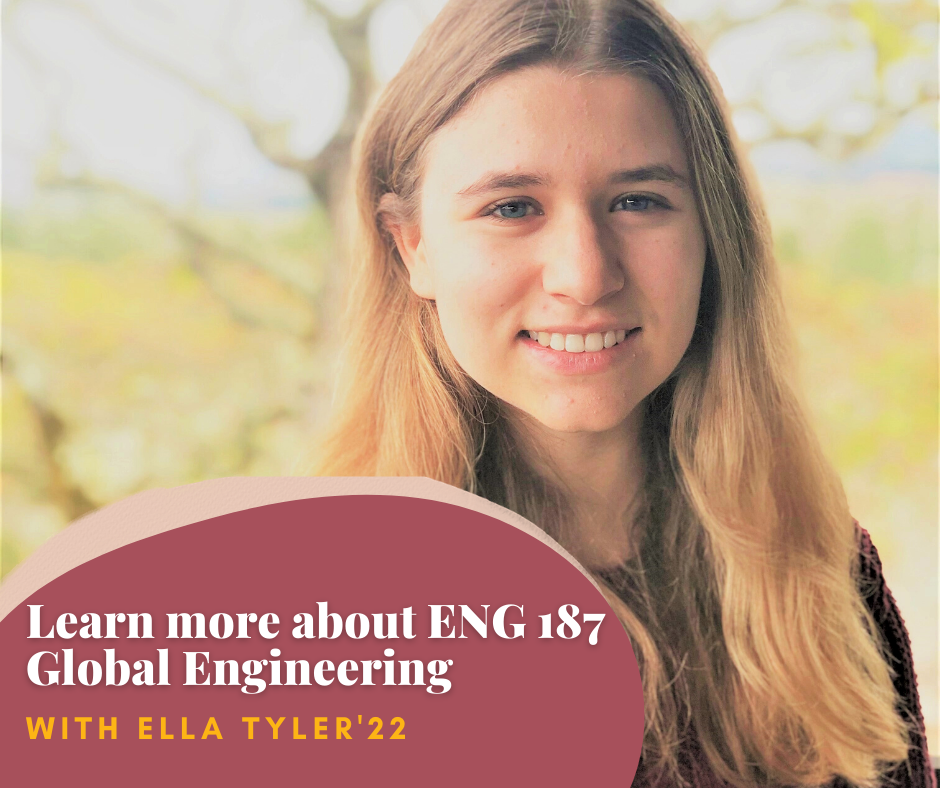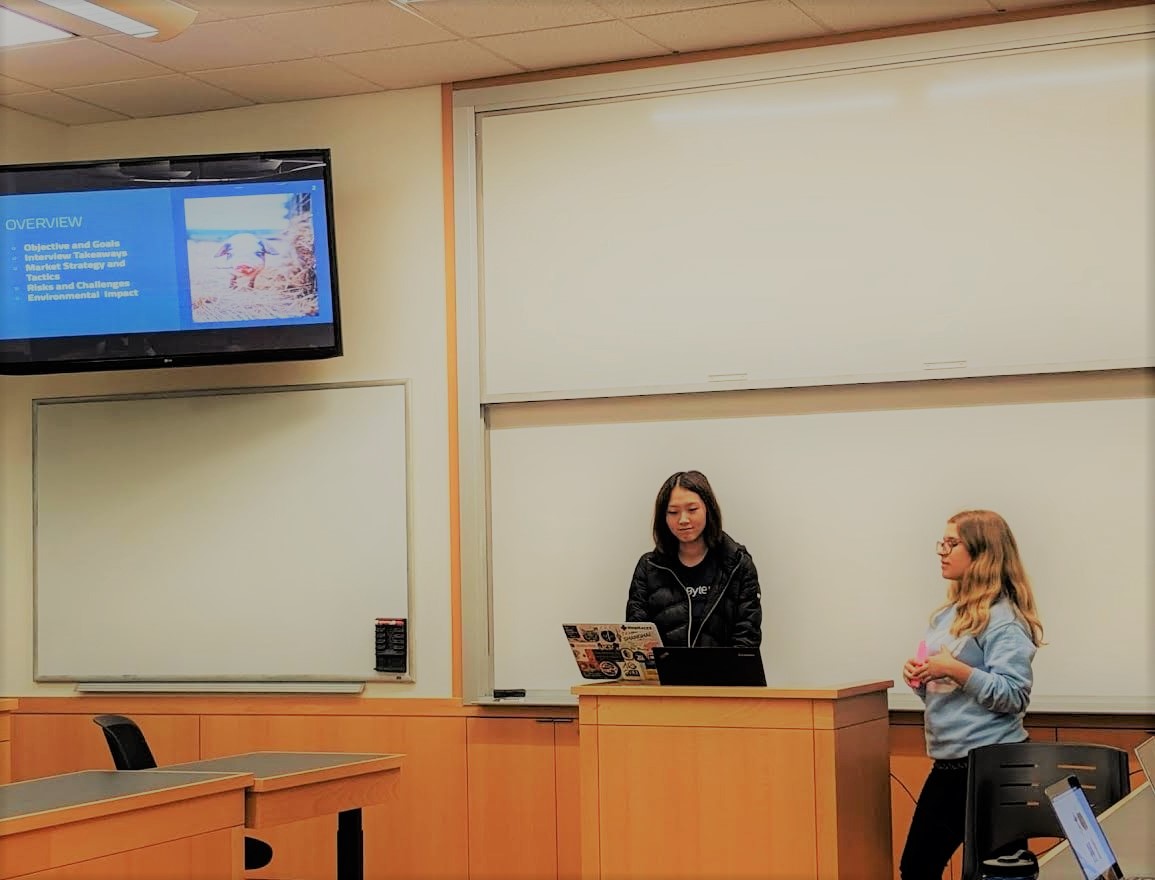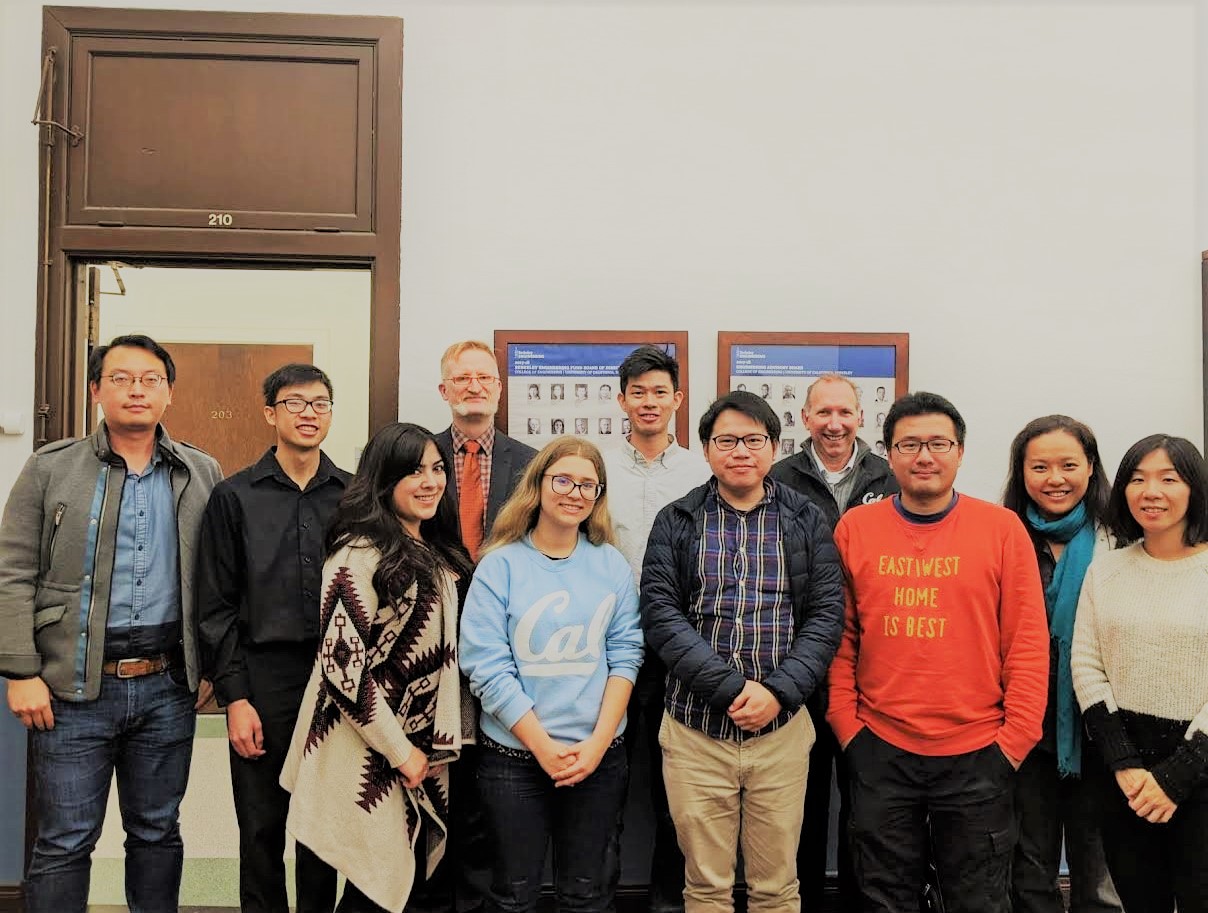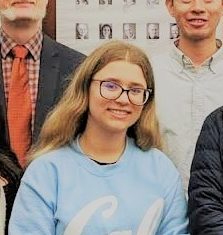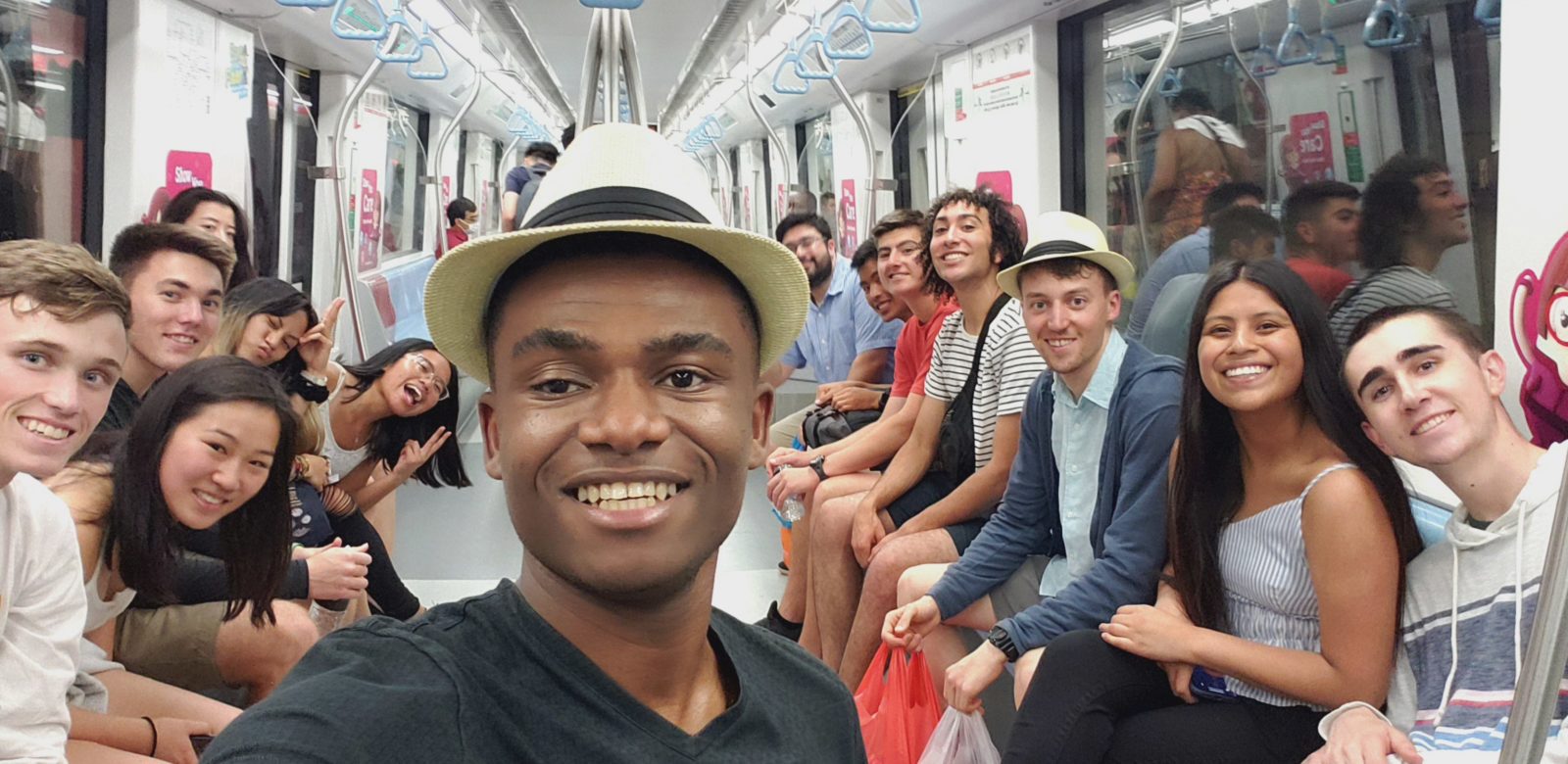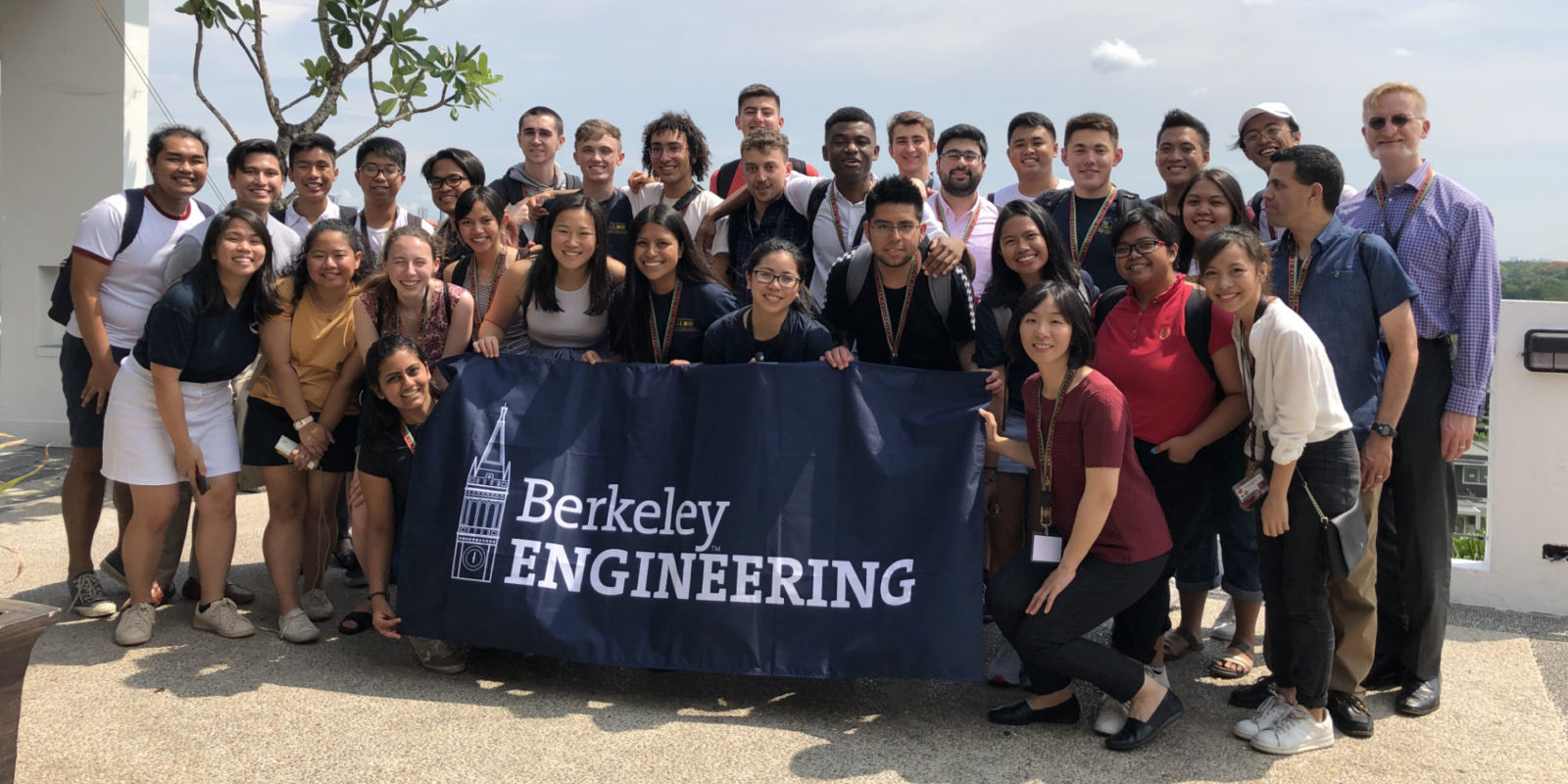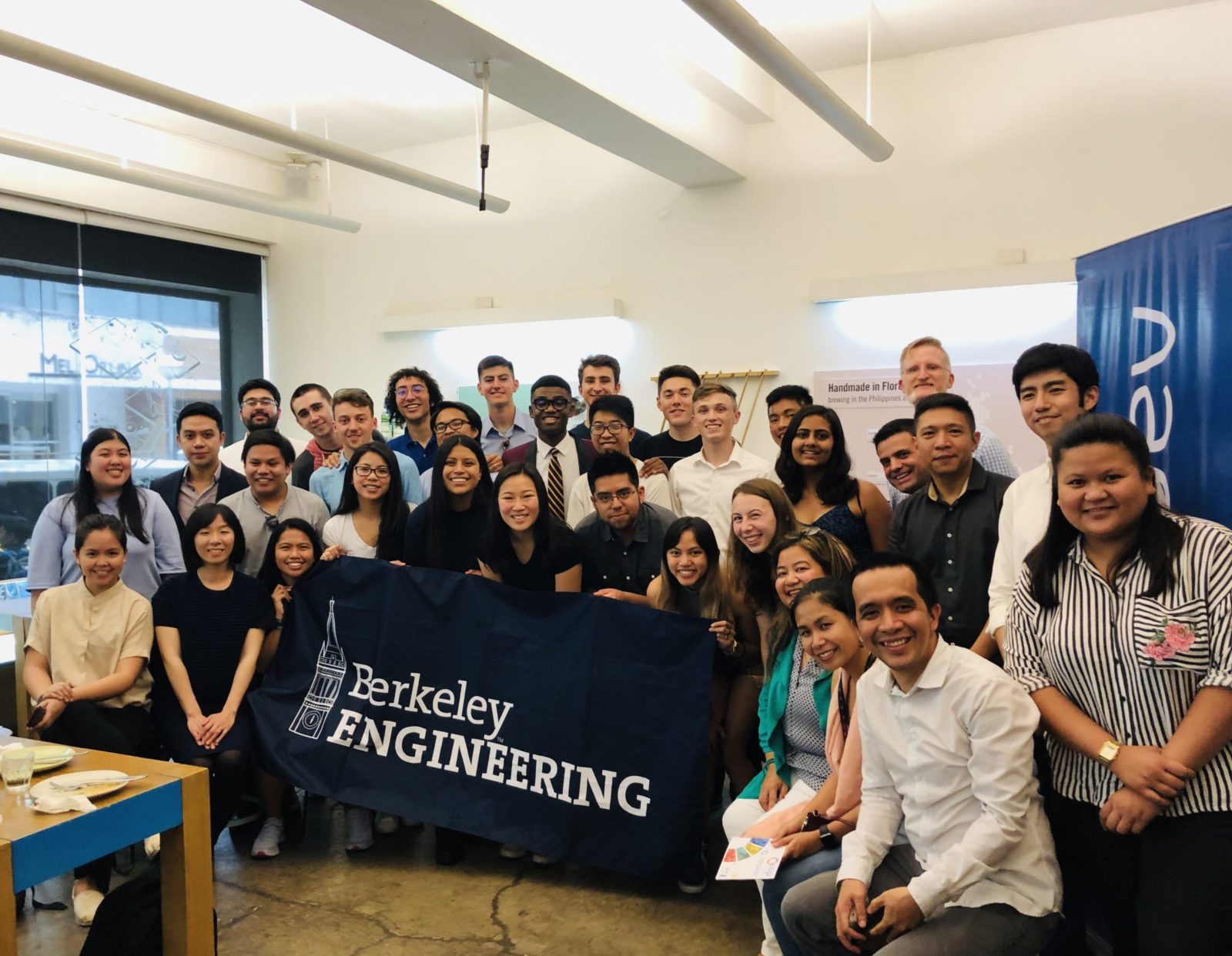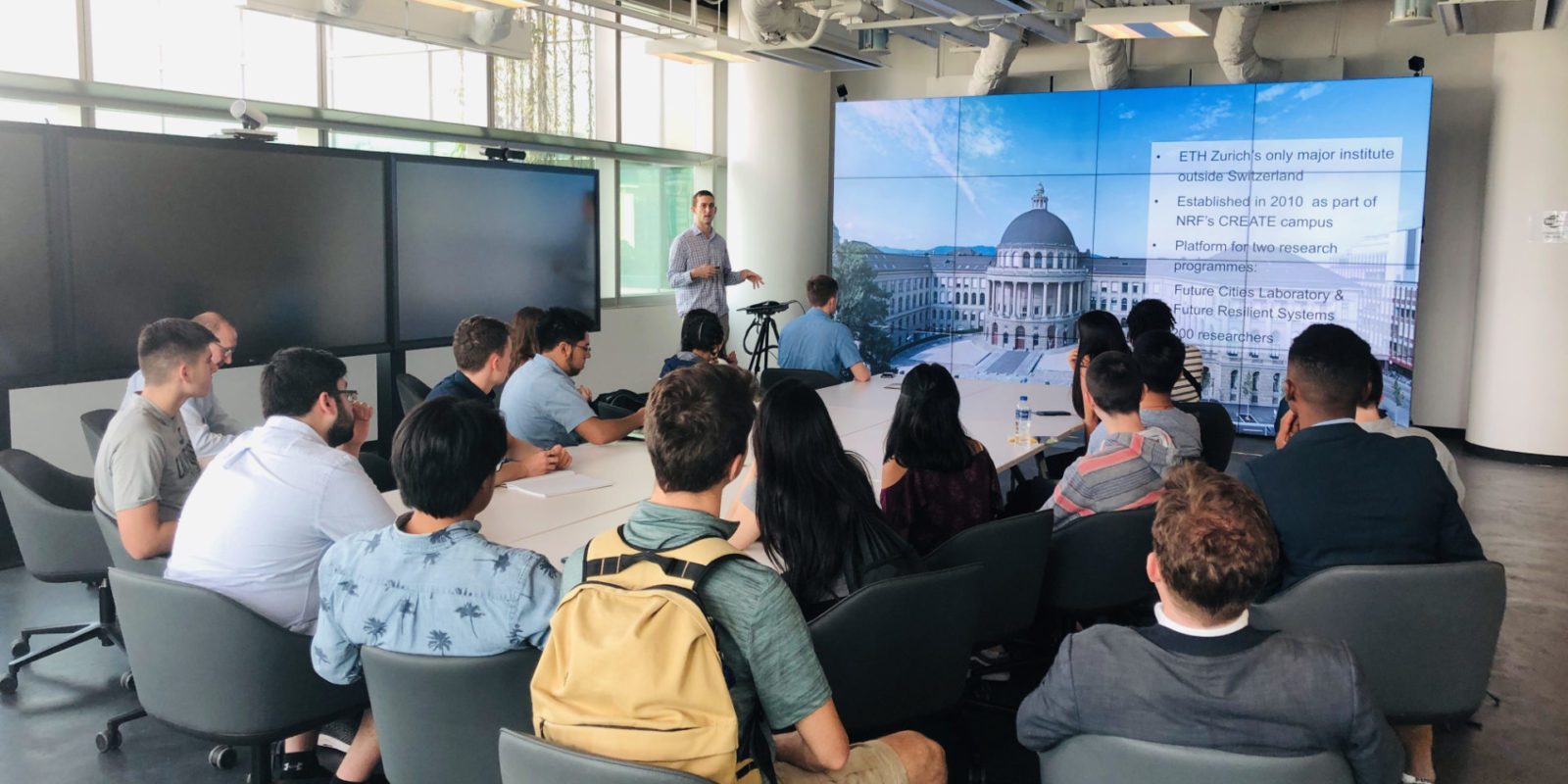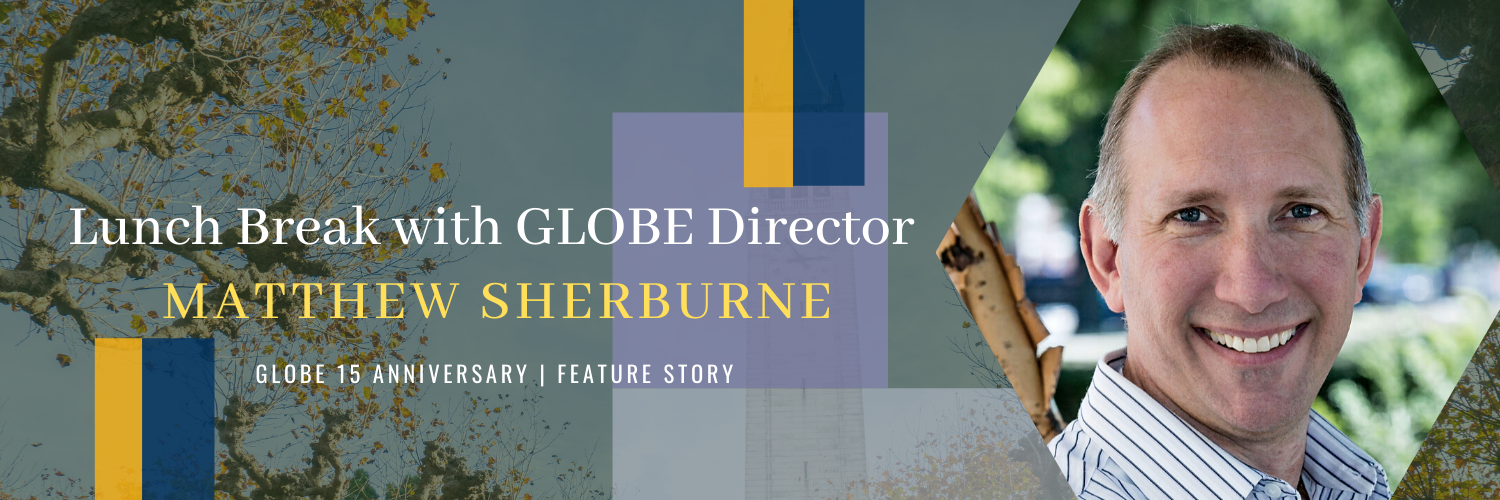
Featuring GLOBE Director Matthew Sherburne
Editor: Shirley Li, Feb 03, 2021
Could you tell us a little bit about yourself?
I did my undergraduate and graduate education at UC Berkeley. Once I graduated, I took a position in the Materials Science & Engineering (MSE) department in the University of Illinois Urbana-Champaign (UIUC).
I was a teaching faculty and while I was at UIUC, I was one of the co-founders of the Makerlab. I became involved as one of the advisors in the Hoeft technology and management program.
The Hoeft program allowed us to take 25 engineering students and 25 business students, where the engineering students took business classes and vice versa. I taught classes where business students learned fundamental engineering concepts. There are also a series of courses that allowed the engineering students and business students to work with one another.
Each year the director of the Hoeft Technology and Management program at UIUC, took these students to China to visit companies. The students were enrolled in a course on Chinese Culture and Business prior to the trip. We would spend eight to nine days in China. We went to Beijing and we visited corporations and also visited historical sites of cultural importance. The students also visited Xi’an (historical & cultural activities) and Shanghai were we visited additional corporations.
As I became more involved in the Hoeft Technology and Management program at UIUC, I thought it would be a good idea for us to incorporate Chinese universities for our visit, innaddition to corporations. In the first year of implementing this, we visited Tsinghua university not only because it is an outstanding institution, but also UIUC faculty had helped found Tsinghua. This also allowed us to expand an undergraduate exchange program with the business schools at UIUC and Tsinghua. In Shanghai, we visited Shanghai Jiaotong University, and our students got to interact with students and here presentations.
This went from a business and management program and became an international program experience for me.
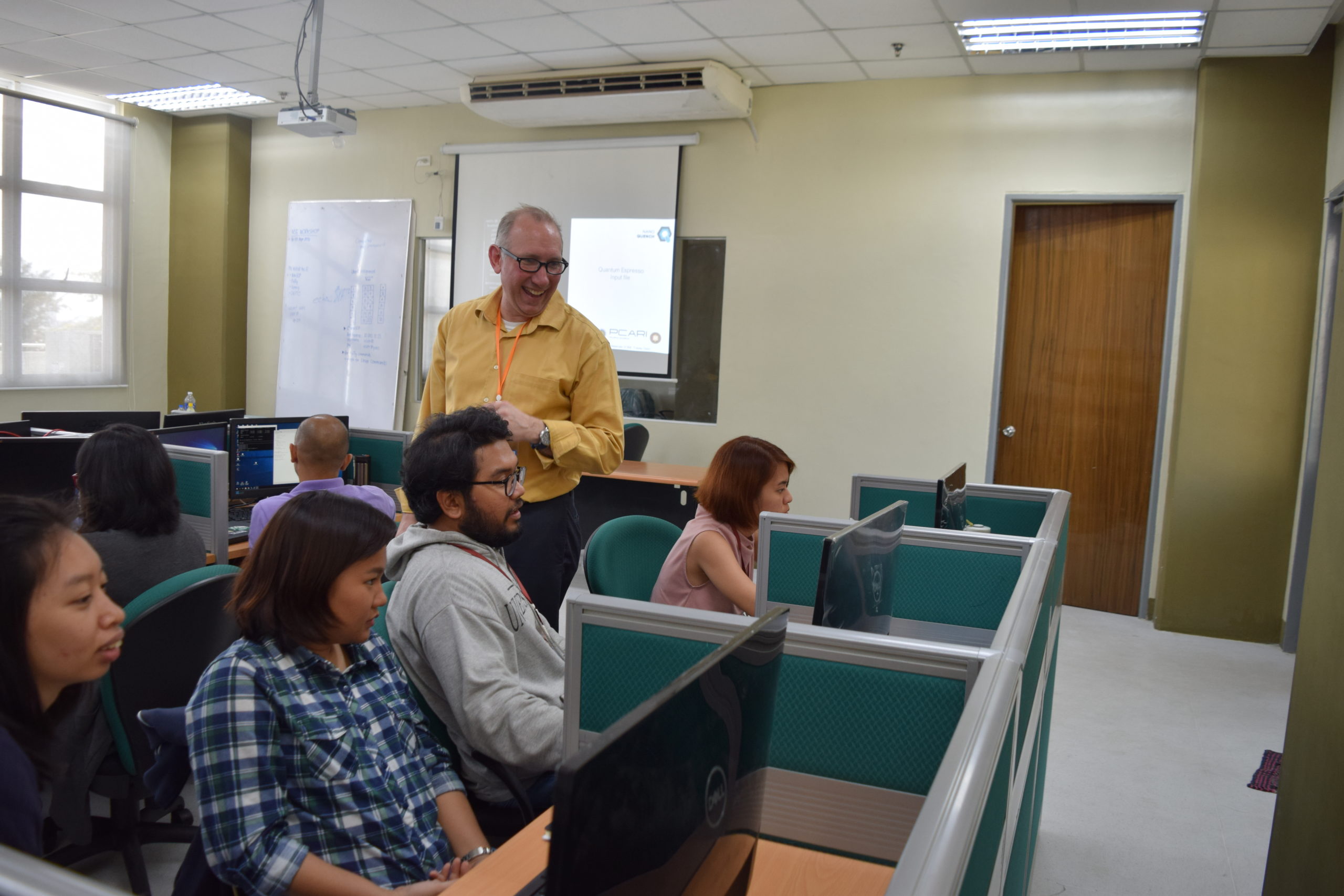
Why did you decide to become the director of international partnerships for the College of Engineering and oversee GLOBE?
Before I left UC Berkeley to teach at University of Illinois Urbana-Champaign (UIUC), I worked with faculty in the Materials Science & Engineering (MSE) department on the proposal for an energy research center in Singapore. This would eventually become Singapore-Berkeley Research Initiative for Sustainable Energy (SinBeRISE) and would be a part of Berkeley Education Alliance for Research (BEARS) in Singapore.
It was not funded by the time I finished my PhD, so I took my position at UIUC. Then after a couple of years at UIUC, being involved with the international effort there, I was contacted by Berkeley about being Program director for SinBeRISE. I accepted that position, and that position entailed me teaching in the fall in the MSE department and then spending the Spring and Summer (eight months/year) in Singapore. I would oversee the operations at SinBeRISE.
This is when I became involved with GLOBE. The MSE department put me in charge of any international efforts for the department. I started working with Anthony St. George and his team at GLOBE. This included recruiting students, visiting students in China and Singapore. When I was on campus, and international visitors would come to campus I helped Anthony when international students were interested in the MSE department or international research efforts.
I helped Anthony for 3 years before his retirement. I thought it was a fascinating area engaging with our international partners, research partners and education. The ability to build on the foundation that Anthony has laid as a founding director of GLOBE was a unique opportunity.
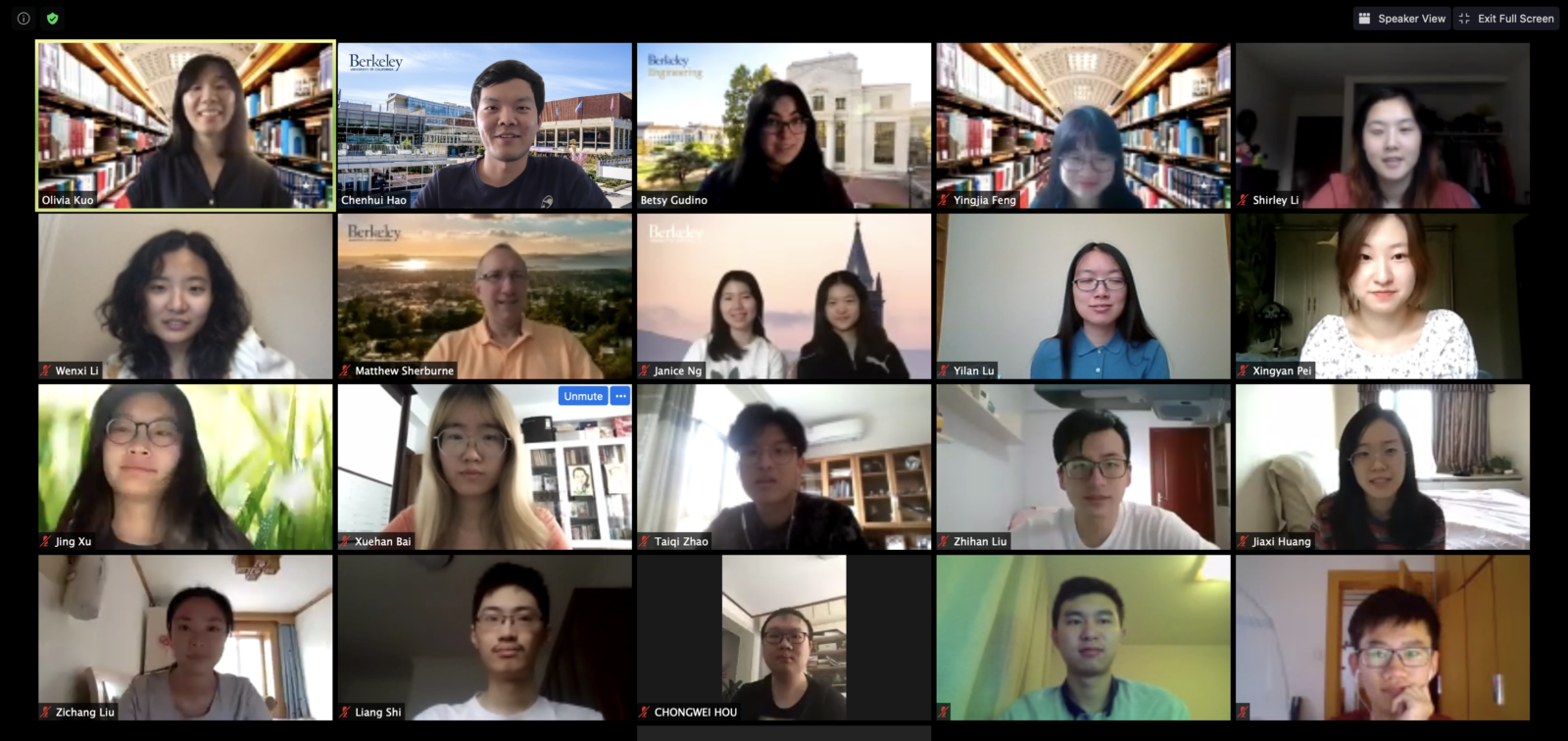
What is your role as the director of international partnerships for College of Engineering and overseeing GLOBE?
First is to work with our existing partners to strengthen and grow these partnership. Then find new and unique opportunities both educationally and research-wise for departments and faculty in the College of Engineering (COE).
How would you describe GLOBE as a center and its role in Berkeley Engineering?
GLOBE is the center of the COE’s international efforts, for education and research. Traditionally, GLOBE has been an in-bound education exchange and center to facilitate the founding of international research programs.
We are seeking opportunities that will increase our students ability to gain international experience. To increase our students ability to gain this international experience we have started the GLOBE Ambassadors Program where our students attend classroom sessions to learn about a country we are planning to travel to and visit universities, corporations, and start up incubators and perform a case studie. We have also started the GLOBE scholars program where students travel internationally for internships and are required to do Sociological Diversity, Equity and Inclusion study of the nation they are working in.
What is your favorite part about working here?
The interactions with all of the students, faculties, industrial and governmental officials from the different countries is enjoyable. Things change from day to day. One night I am on a call with researchers in Singapore, earlier in the week I got a call from Indonesia, earlier in the day, I exchanged texts with the Philippines. It is a dynamic 20hr/day job. I find these interactions with these different individuals very enlightening.
Of course, the staff at GLOBE is wonderful and they make my job here a lot easier!
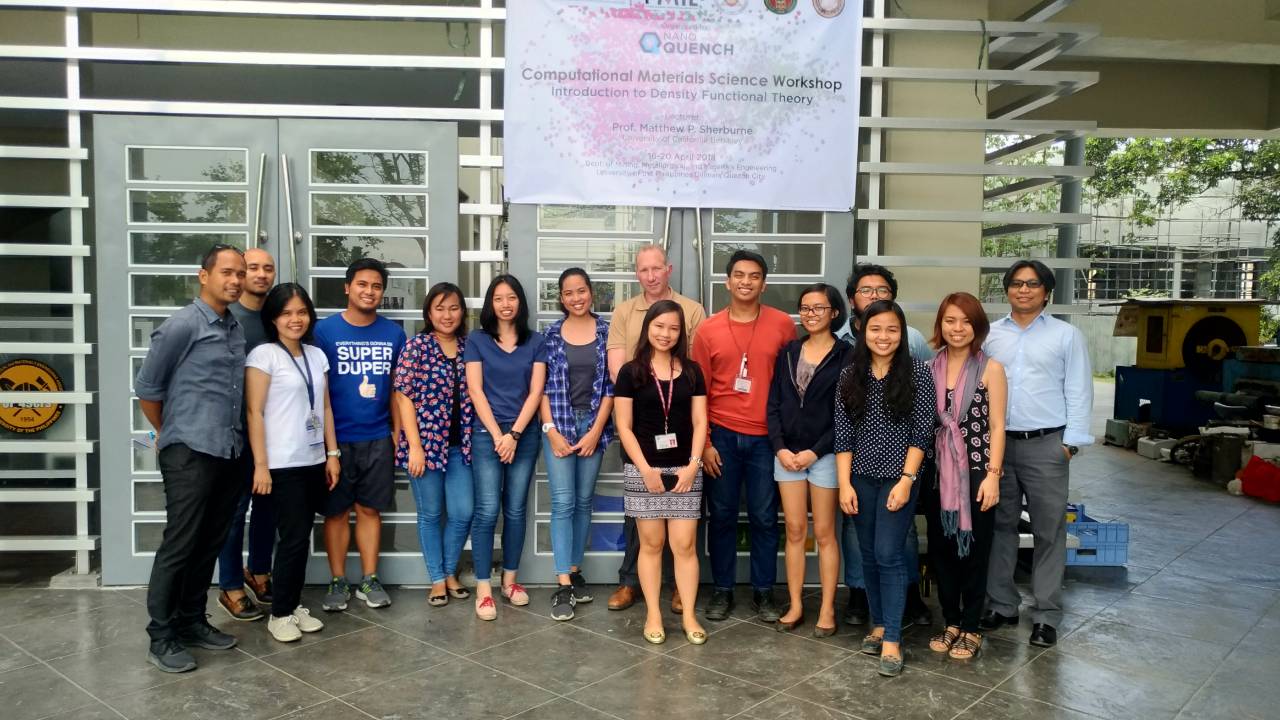
What are the current goals that the center is focused on, and how does this team work to support hitting those goals?
The current goals are focused on developing new and interesting education opportunities for our students and faculty throughout the world. In the past we have focused on Asia and are seeking to expand other parts of the world.
What gets you most excited about GLOBE?
The students are the most exciting and important part of the GLOBE program. The students may be from educational or research programs. I had a Philippines-California Advanced Research Institute (PICARI) grant, I have had 9 Filipino students visit my lab to do research. Interacting with the Filipino students here was fantastic. Going to Singapore and other countries was also enlightening.
How does COVID-19 affect global education? How do GLOBE face this challenge and innovate?
It stopped in-person exchange; it has limited our ability to have students on campus. In addition, the GLOBE Global Engineering programs have been placed on hold because we cannot send our students overseas.
COVID has presented other opportunities. We have initiated the GLOBE Include program that is designed to offer students at historically black colleges and universities (HBCU) access to Berkeley engineering courses remotely. We are hoping to host them for summer research positions.

What is your vision for GLOBE? How do you picture GLOBE’s future? What are the plans that are currently undergoing that you want to share with the community?
I would envision GLOBE to continue to be the center of international efforts for the COE. I seek to strengthen our ties with the College of Chemistry, the Physics and Biology departments as there are many opportunities for education and research that present opportunities across departments.
A future goal is for GLOBE to become more collaborative with the campus as a whole, especially other campus departments and colleges. We will continue to develop new research/educational opportunities for UC Berkeley COE students.
The current plans we have post-COVID-19 are to resume GLOBE Ambassadors and GLOBE Scholars and increase COEs interactions with historically black colleges and universities (HBCUs) and Hispanic Serving Institutions (HSIs) and develop new research programs and innovative educational programs both online and in-person for our students.
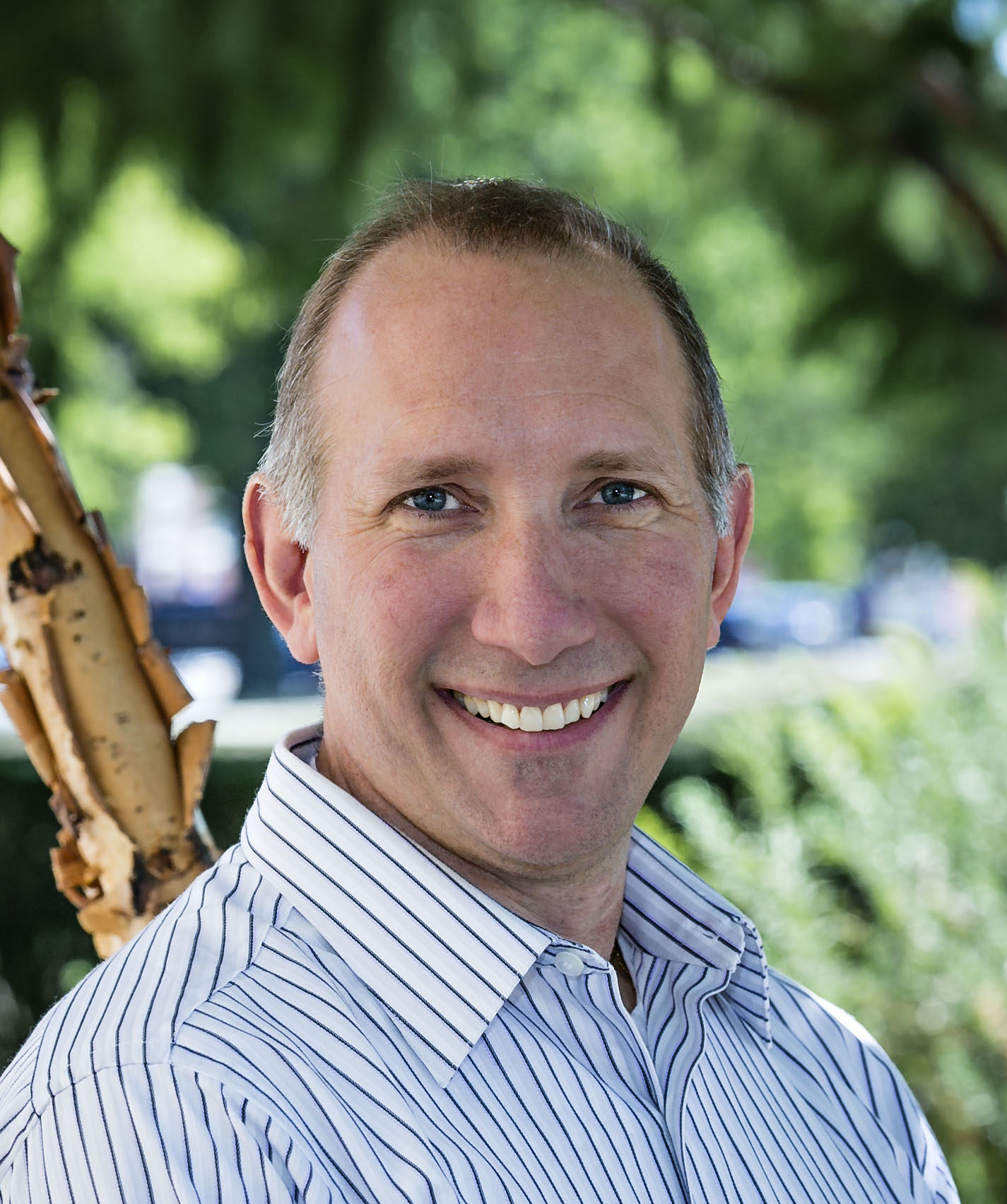
Matthew Sherburne
Director of GLOBE @ Berkeley Engineering and
Lecturer of MSE @ Berkeley Engineering
Dr. Matt Sherburne is the Director of Dado and Maria Banatao Global Learning and Outreach from Berkeley Engineering (GLOBE) and Singapore-Berkeley Research Initiative for Sustainable Energy (SinBeRISE) for Berkeley Engineering. He is also a current lecturer for the Material Science and Engineering Department at UC Berkeley.
